Charlie has been working on the new INK client UI…it now has dynamic updates of the conversions in progress. Soon to be a post on Coko, you can see the animated gif demo below!
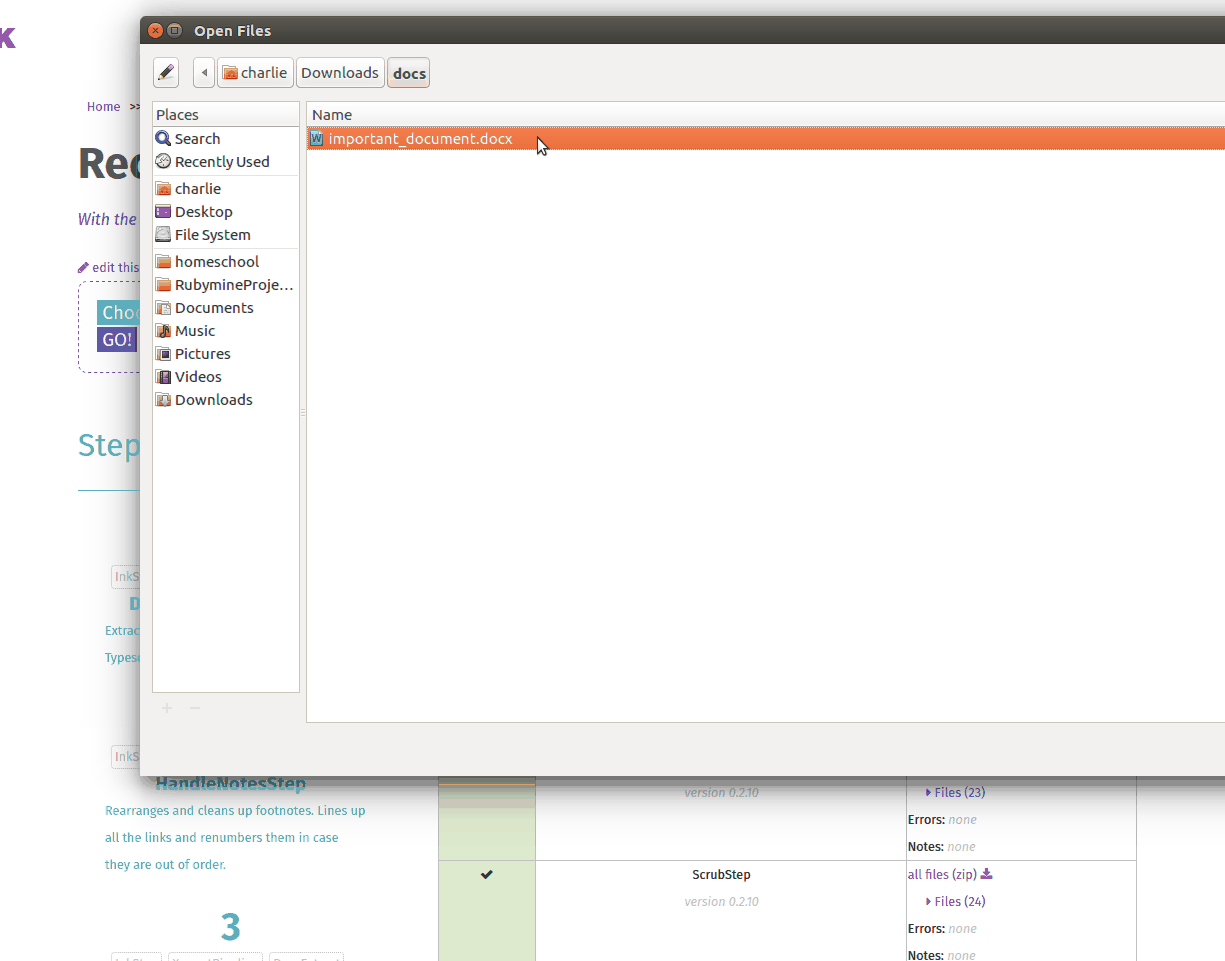
Charlie has been working on the new INK client UI…it now has dynamic updates of the conversions in progress. Soon to be a post on Coko, you can see the animated gif demo below!

Great to see (and very flattering) that Jonas Öberg, a fellow Fellow at the Shuttleworth Foundation and Executive Director of the Free Software Foundation Europe, was inspired by the Cabbage Tree Method to write this:
http://blog.jonasoberg.net/how-free-software-is-failing-the-users/
Some photos from the Coko team meeting in Kenya. It was a very productive and fun week. We have a team member in Kenya (Richard) so it was great to visit where he lives (our accommodation for the meetings was next door to his place). It’s great to go where the team is. Last year, we had a meeting in Athens and saw the ‘home’ of Cokos Yannis and Christos.
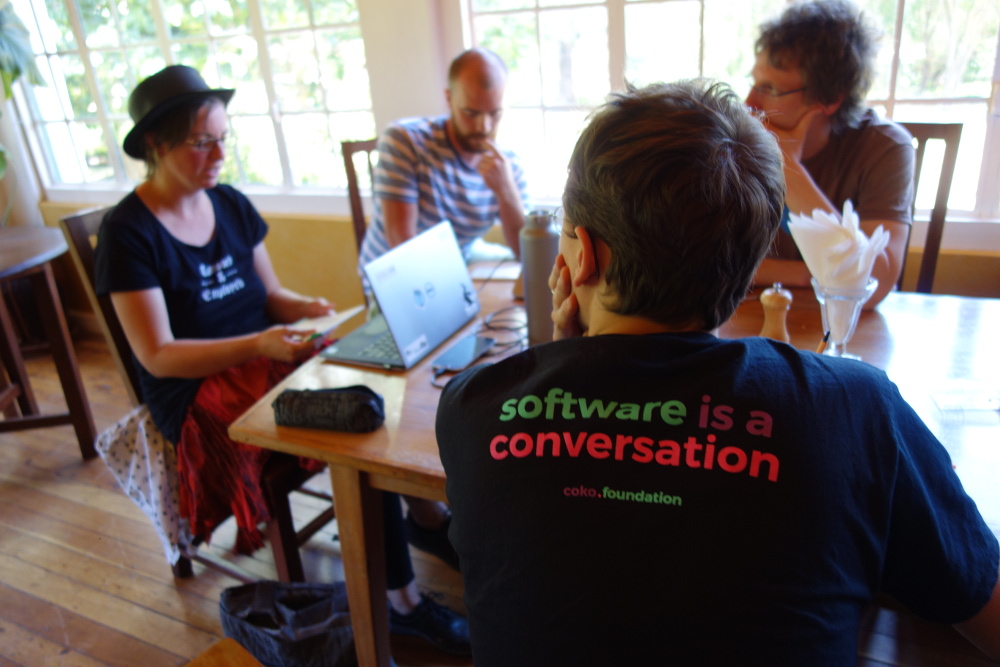
I can recommend a safari for team-building. If your team is in Africa or nearby (most of our team is in central Europe), Kenya is easy to get to and accommodation and food are cheap and good. A safari is also very well priced, far cheaper than any similar (if there is anything similar to safari!) team-building exercise you could think of in Europe or Northern America. Richard and his partner Steph are starting a locally owned safari business with the intention that it will become under local control and ownership (they are working with some Maasai friends), so if you are interested in safaris as as a team-building exercise, let me know and I’ll put you in touch.
The last photos are of our team dinner at the end of the week. As you can see, most people were pretty tired by this point. Tired but happy!
It was truly an extraordinary week and our team came out of it with a sharp focus and stronger bonds. As we say at Coko (coined by Charlie) “Software is a conversation.” Awesome.
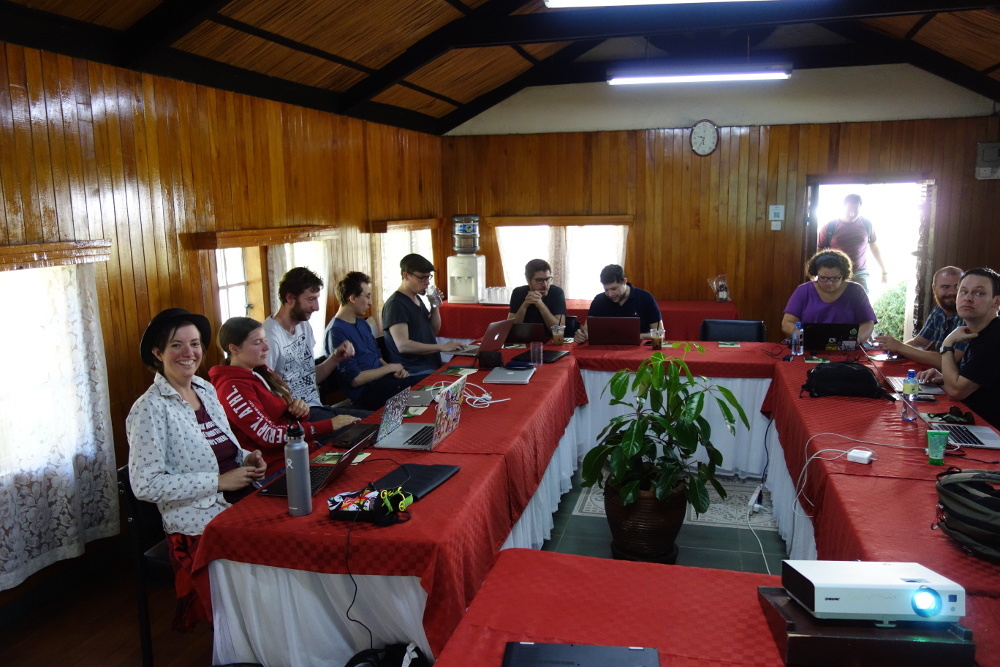
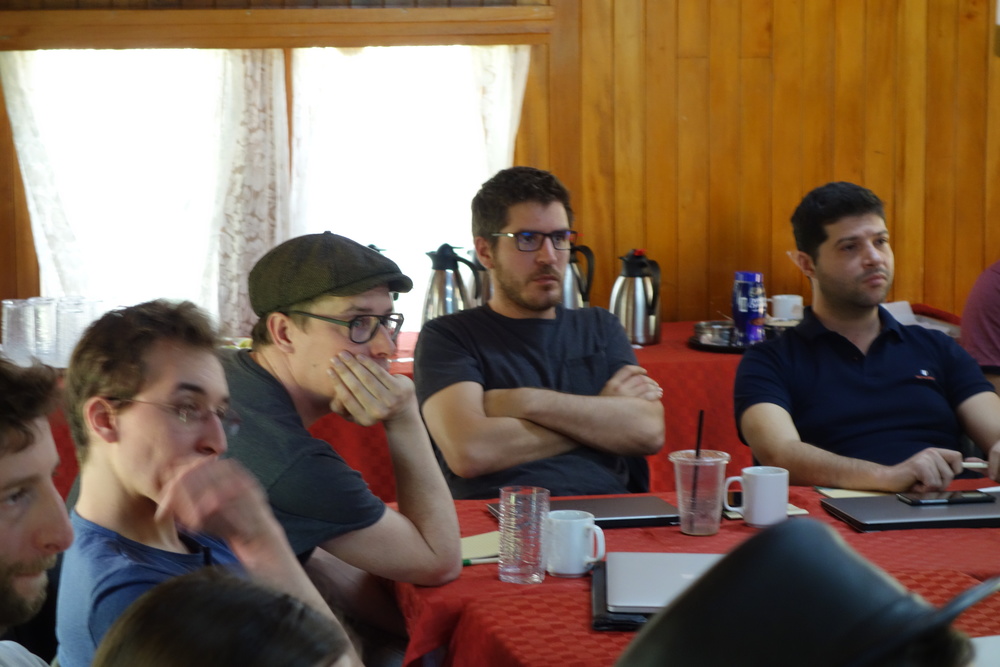
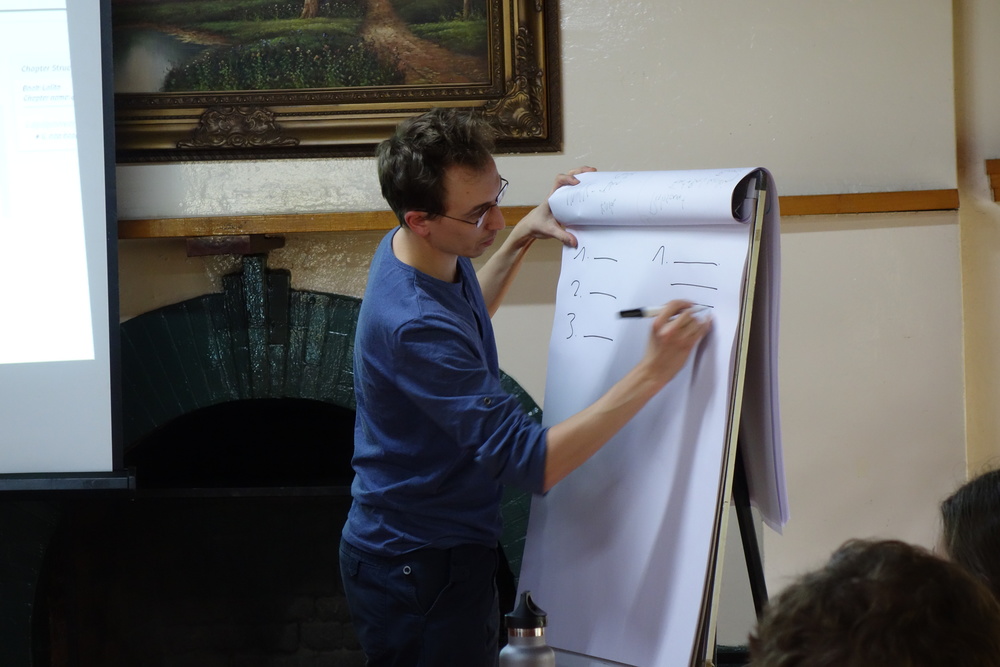
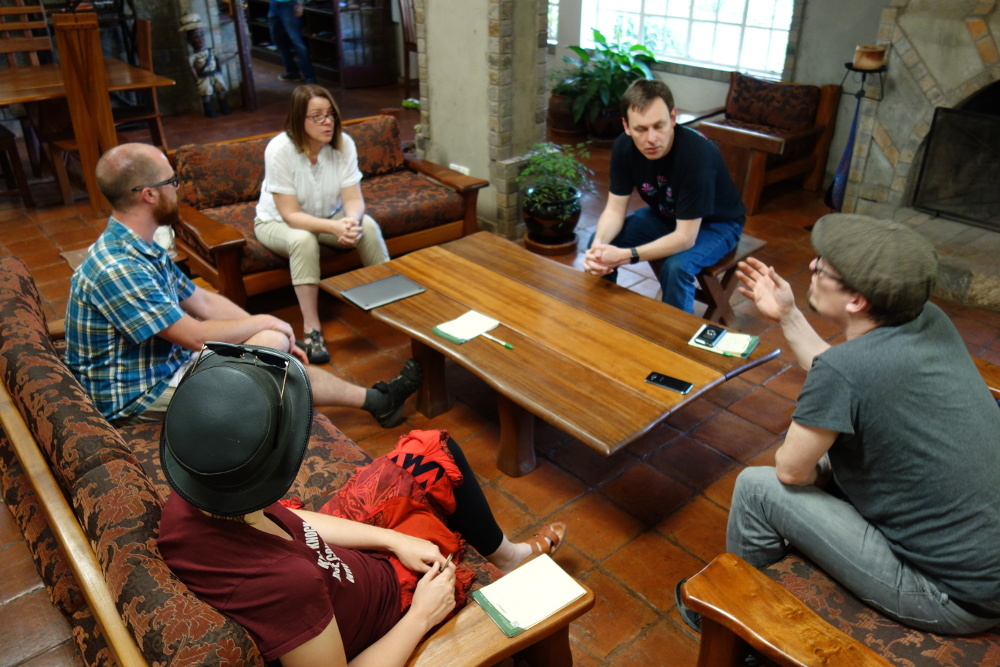
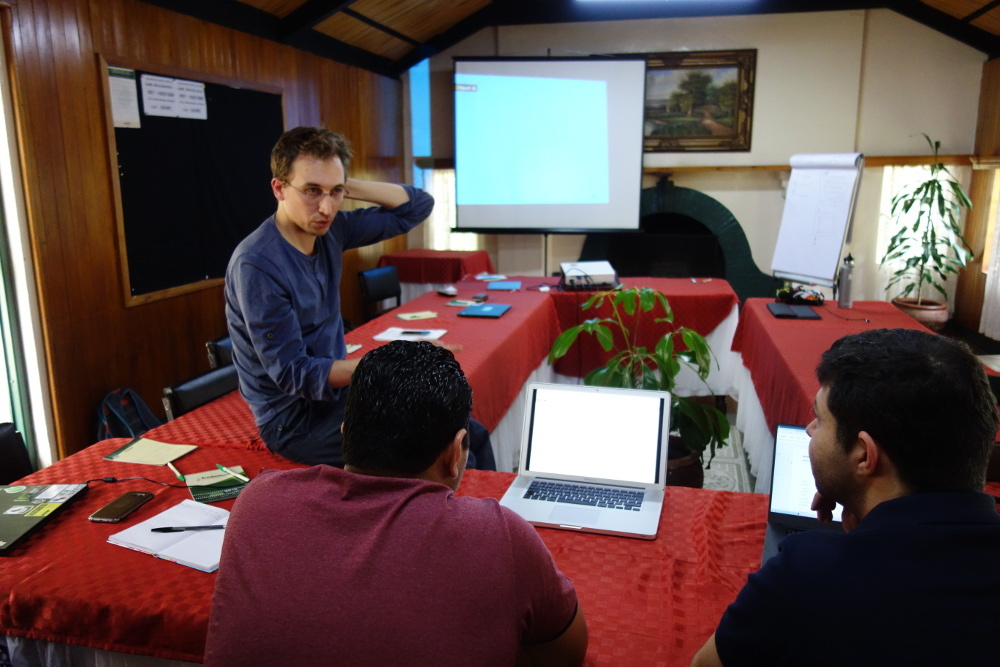
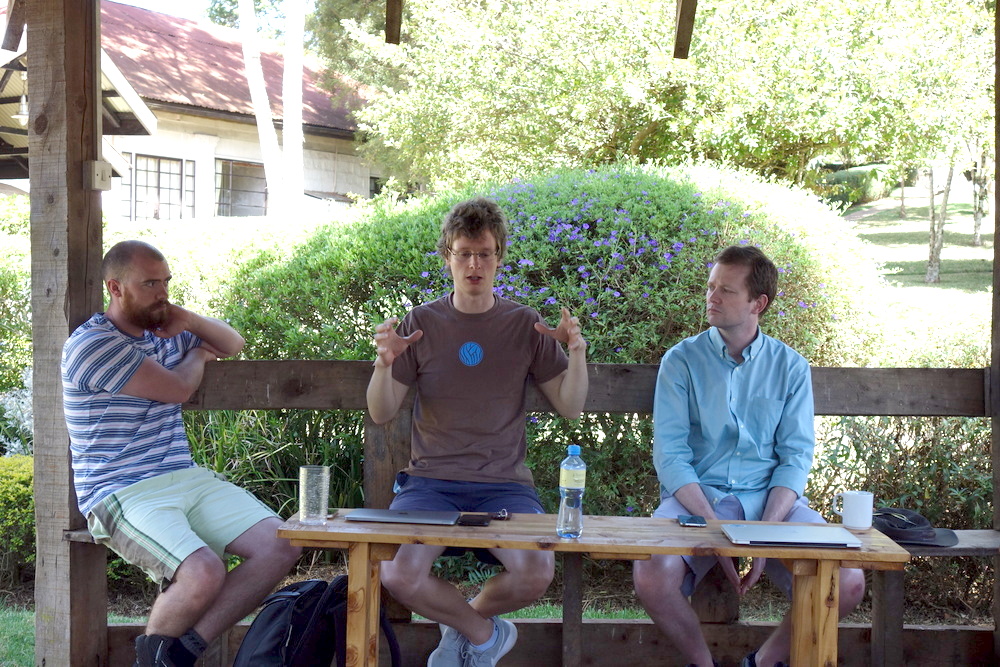
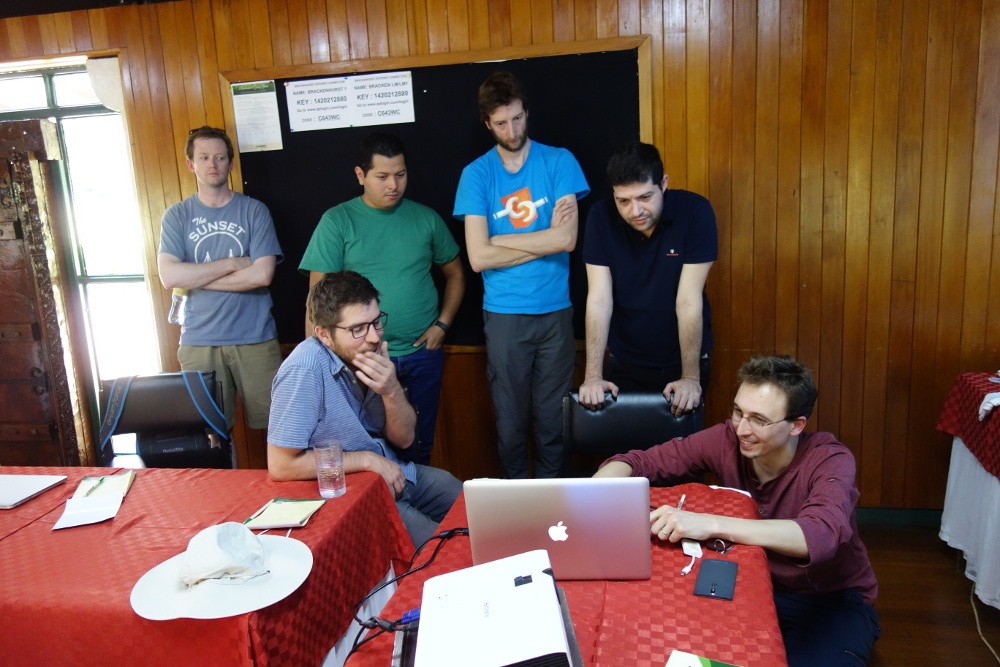
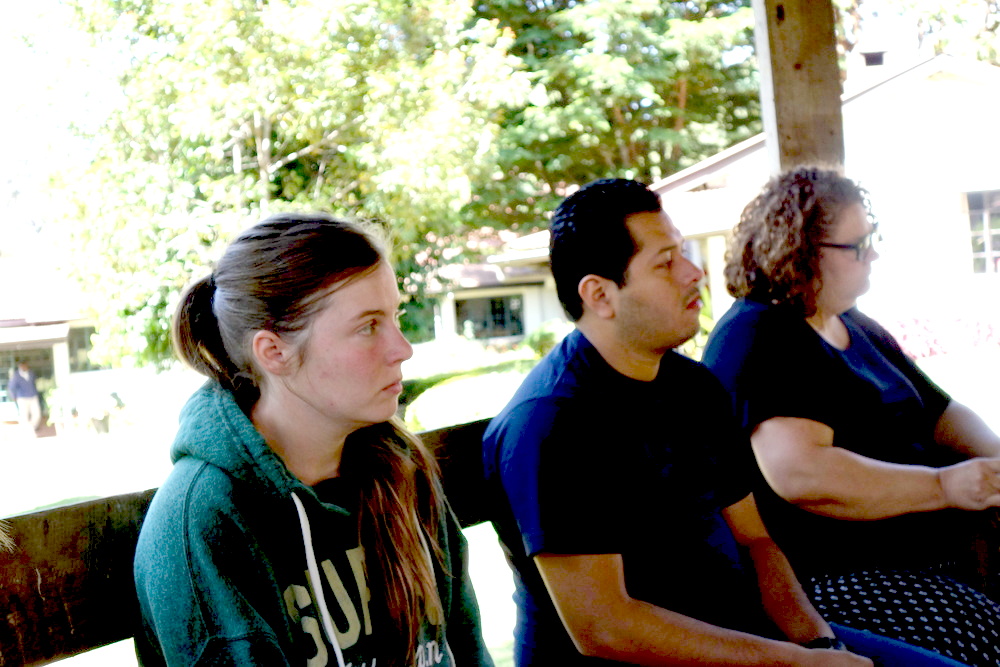
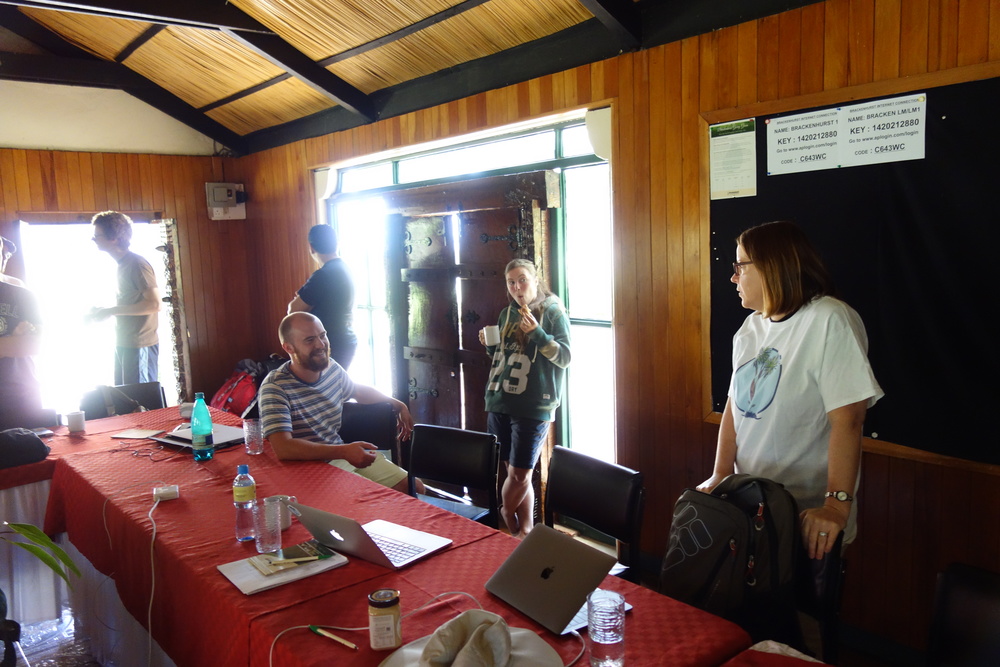
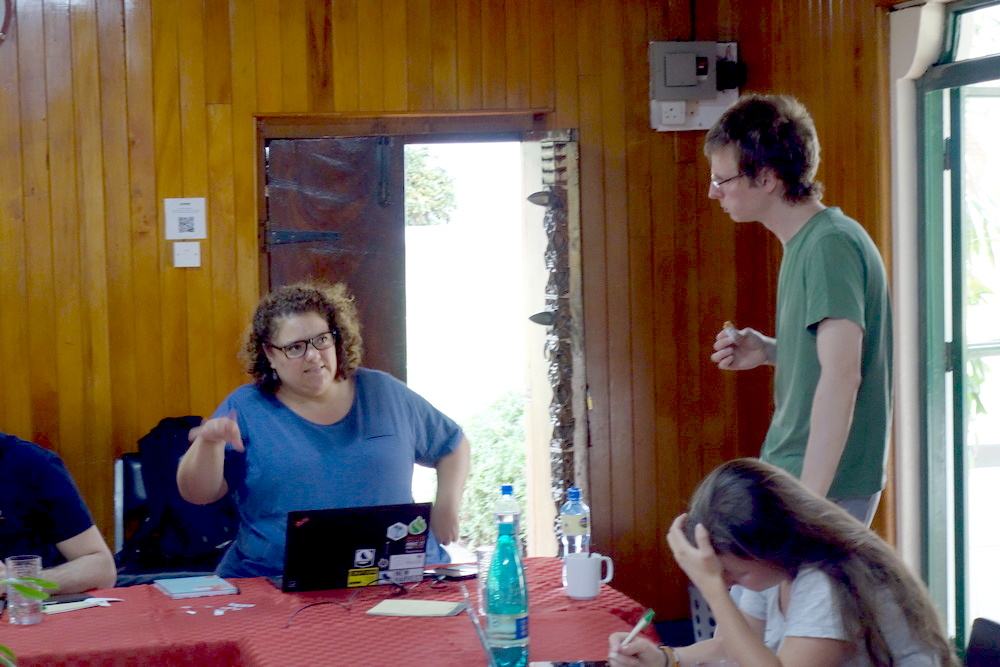
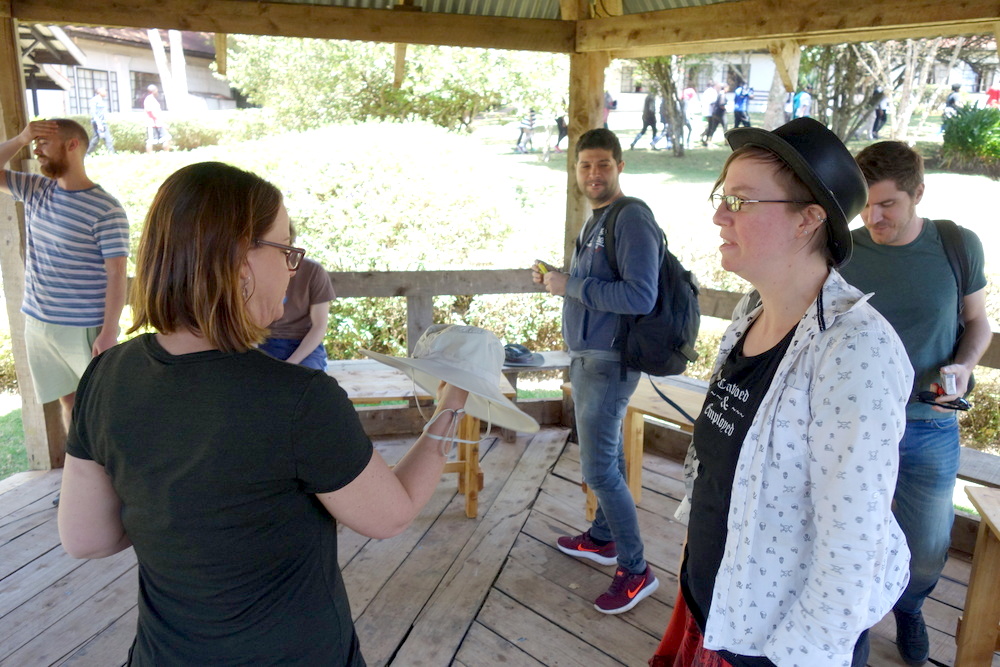
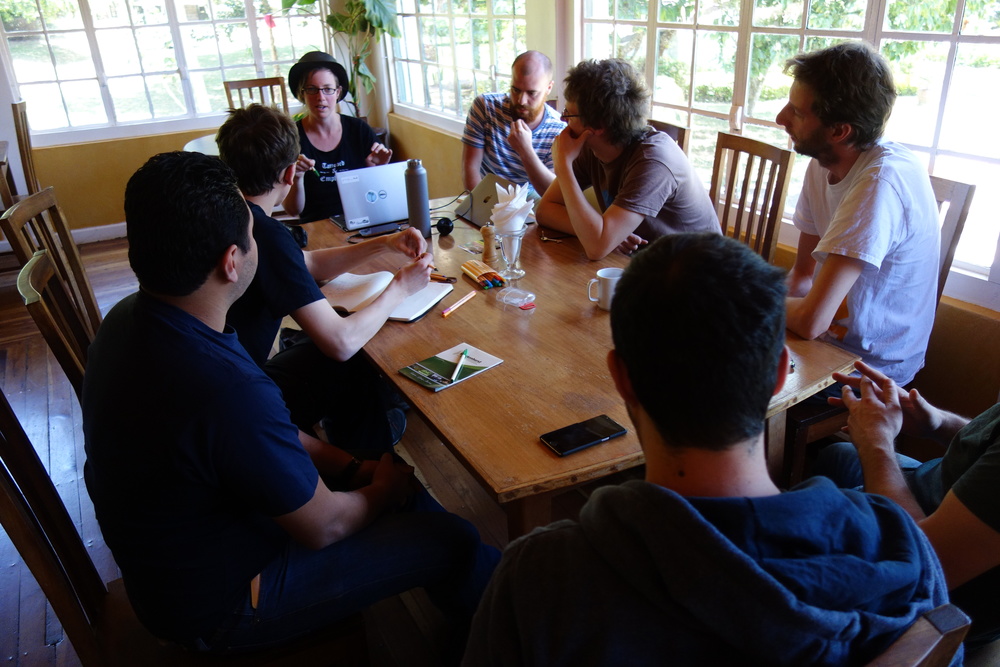
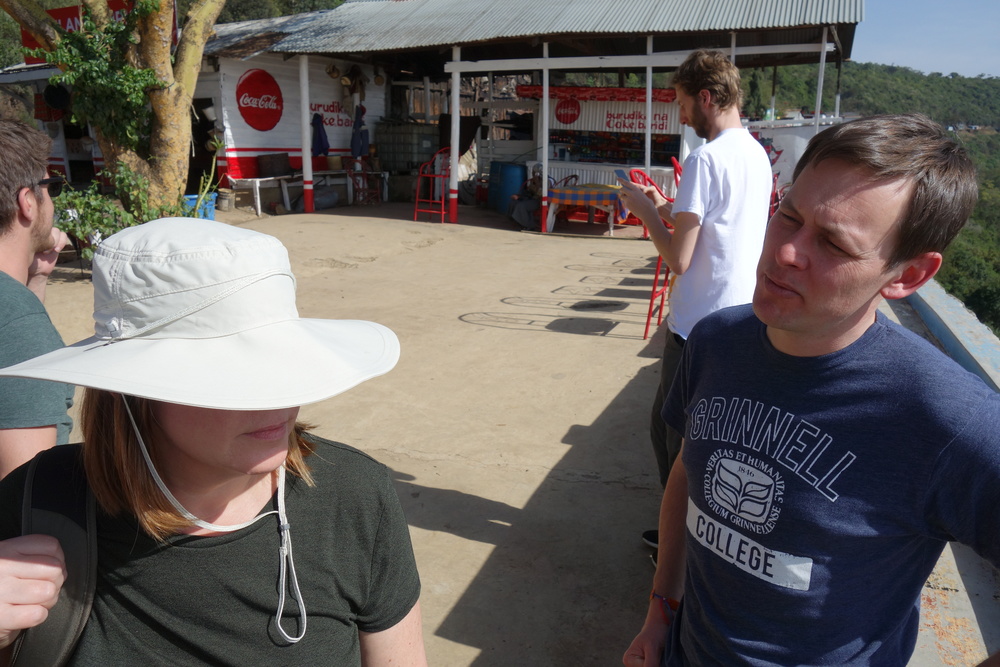
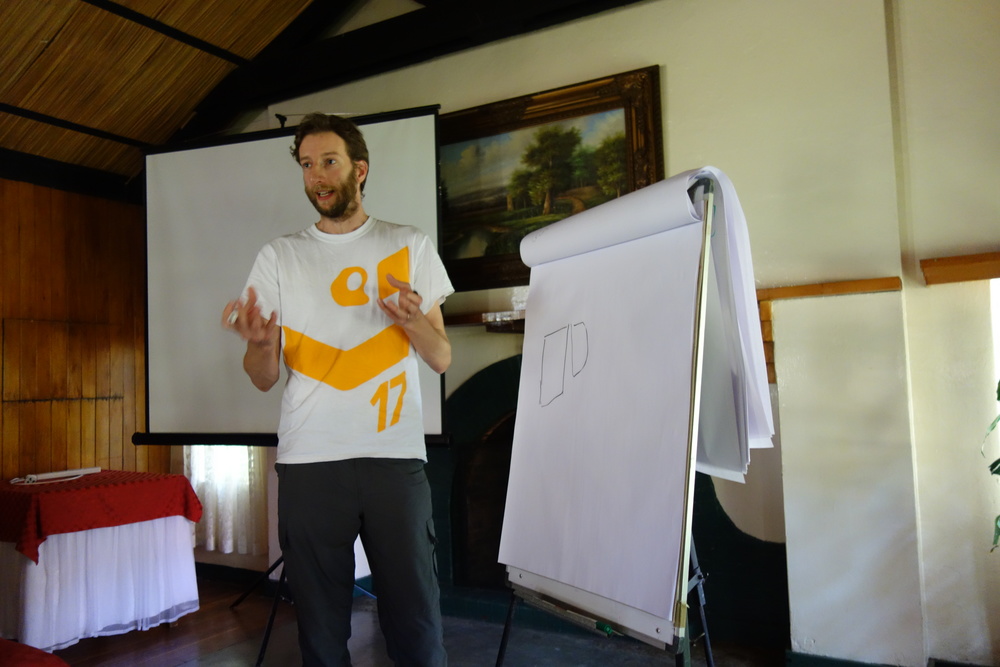








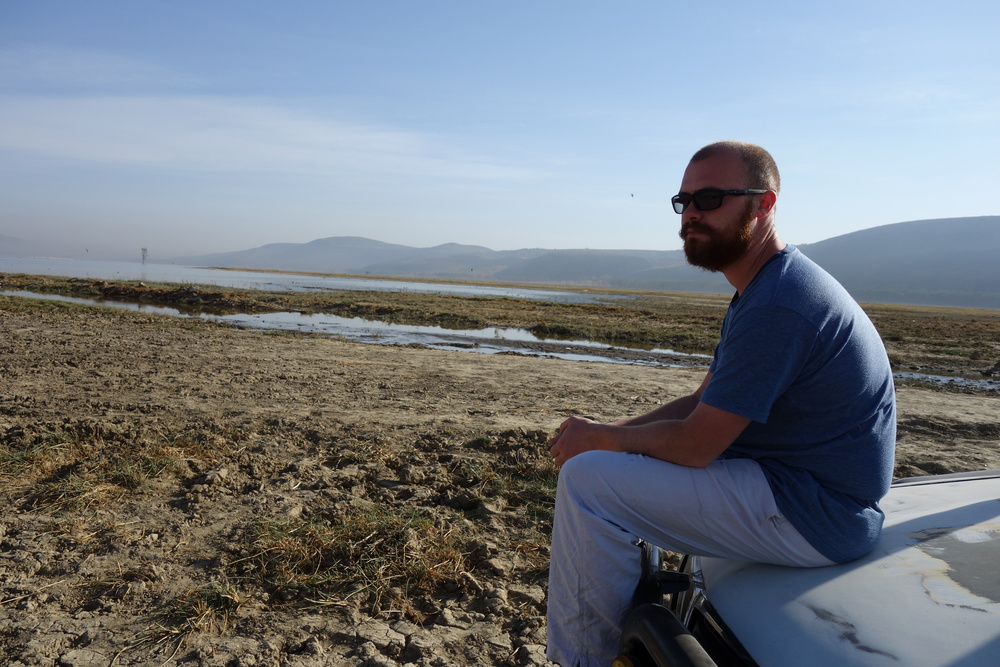




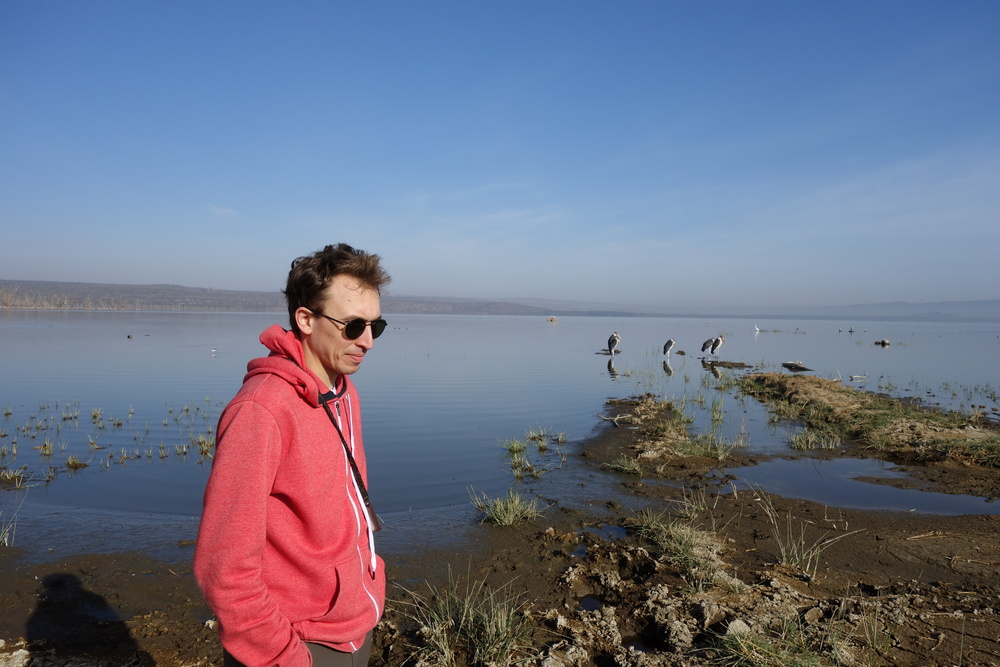


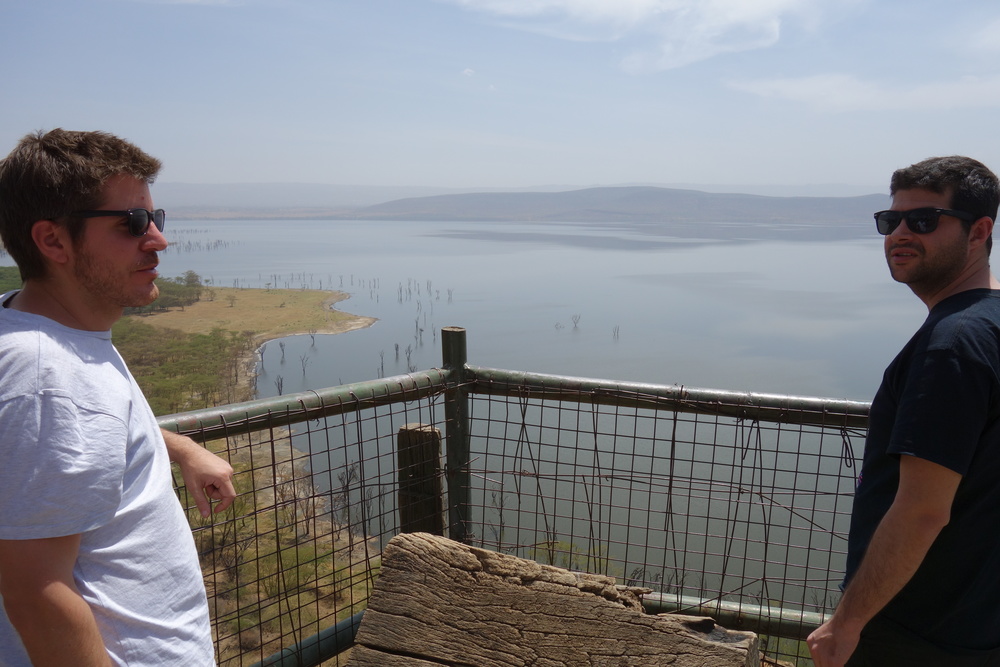

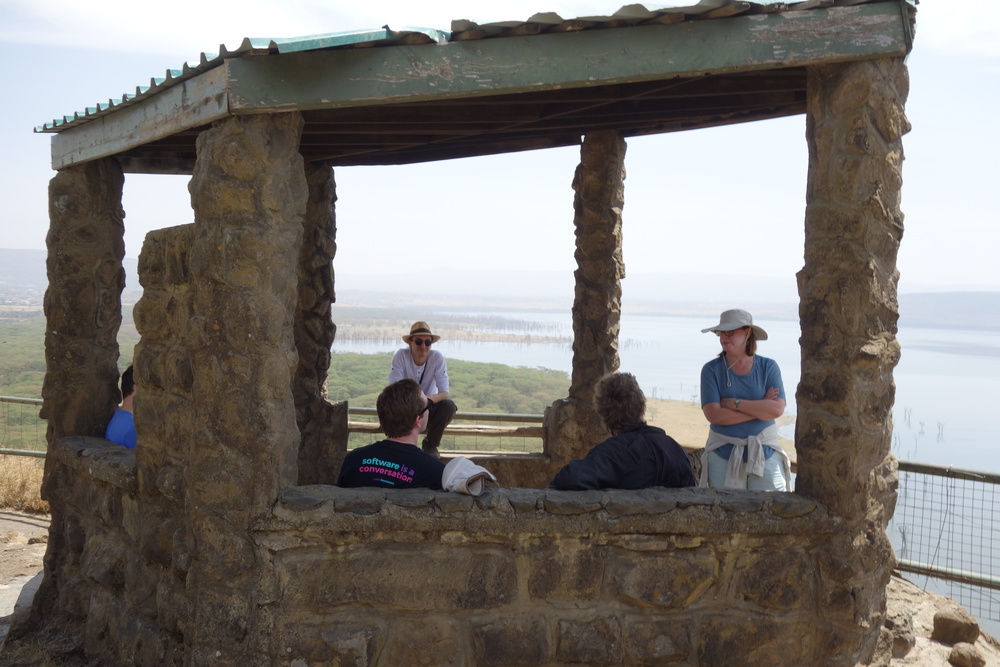
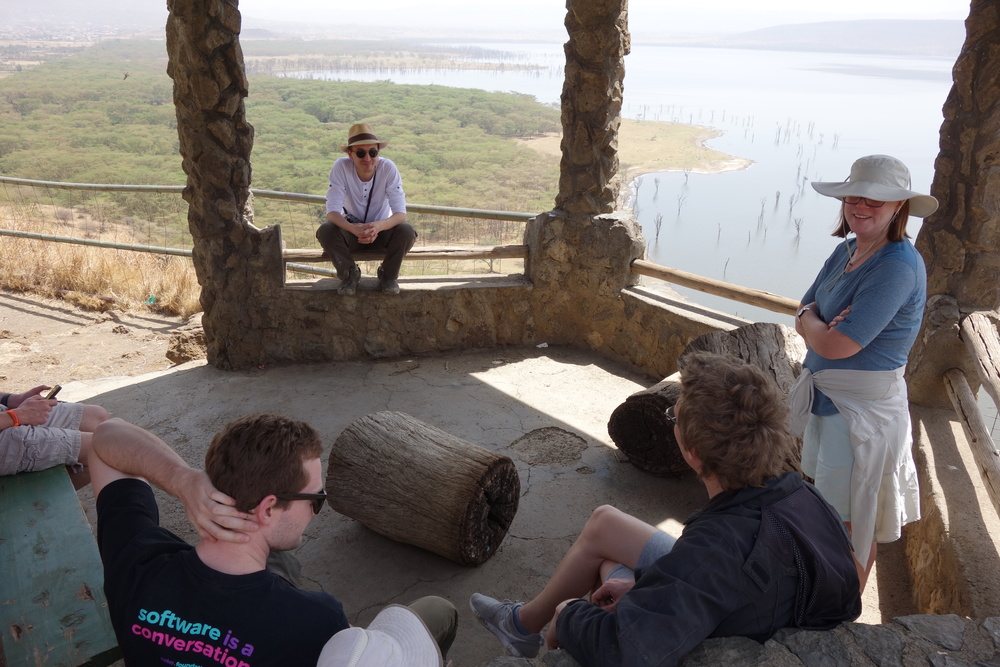


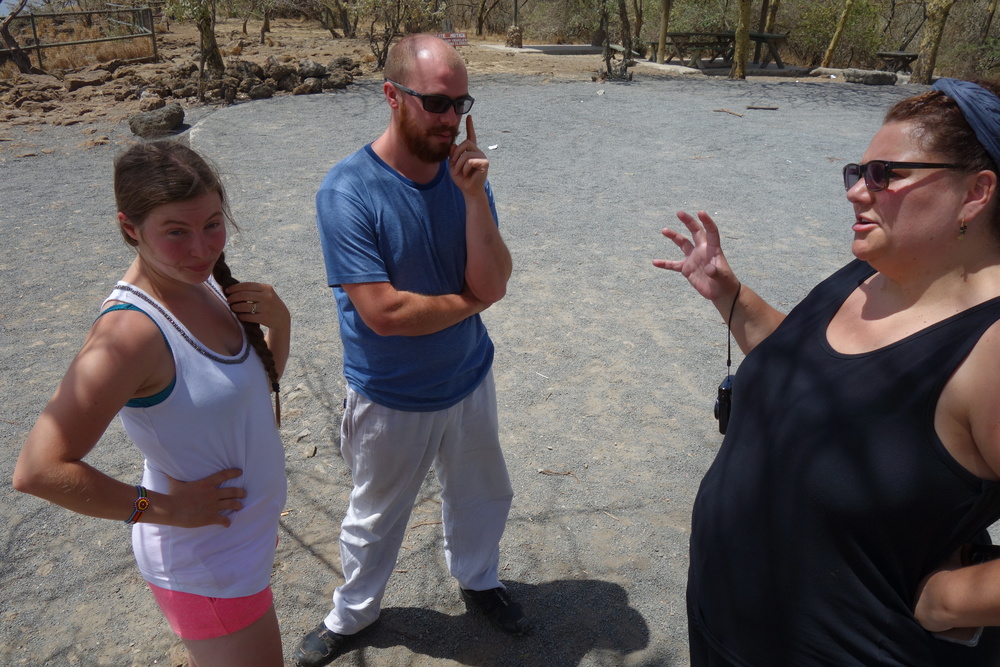


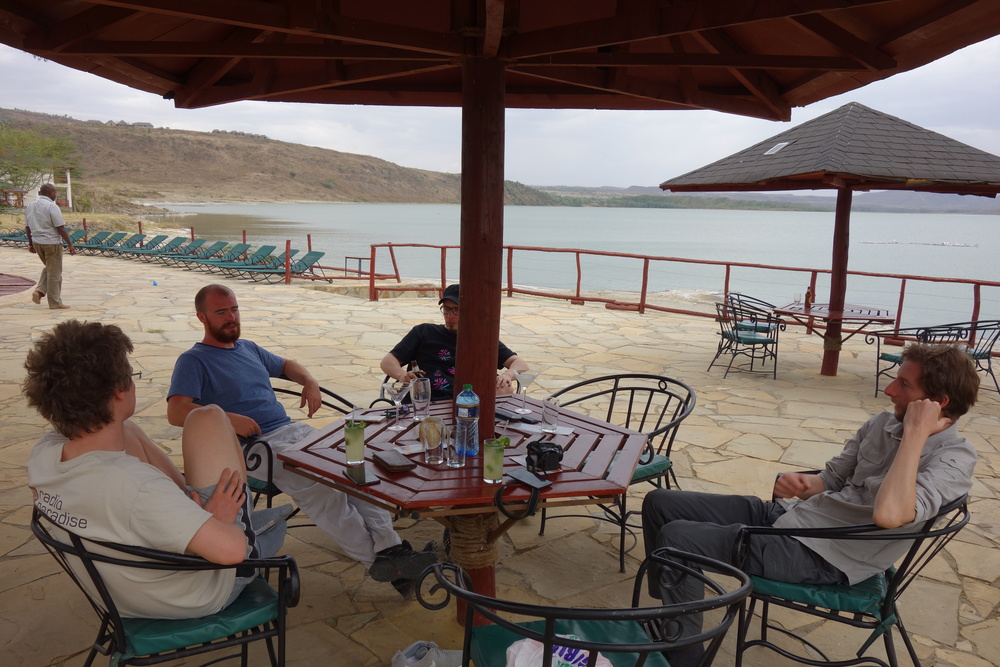
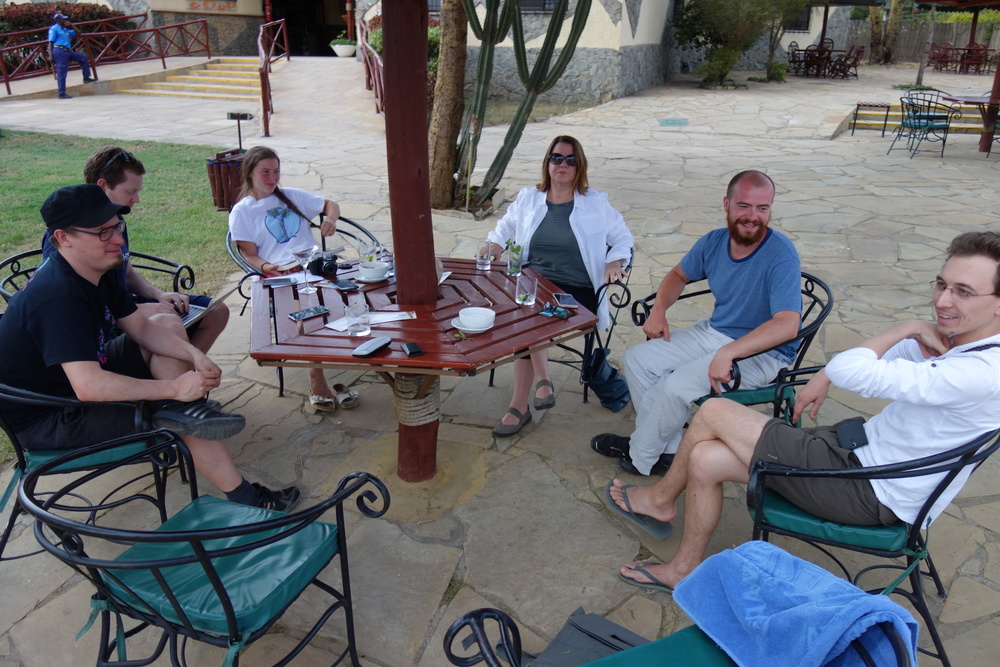
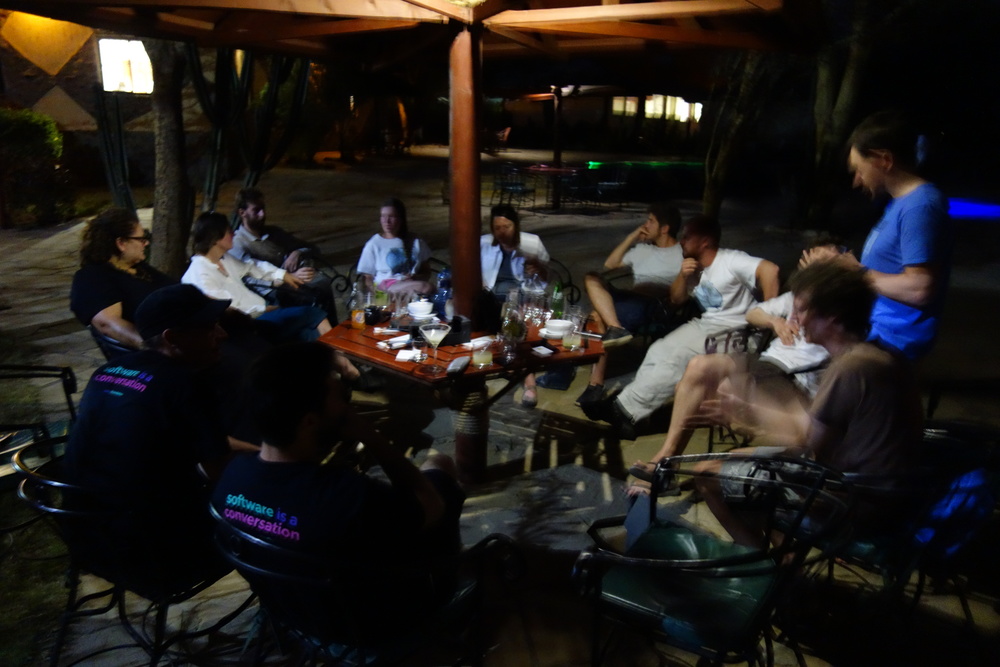
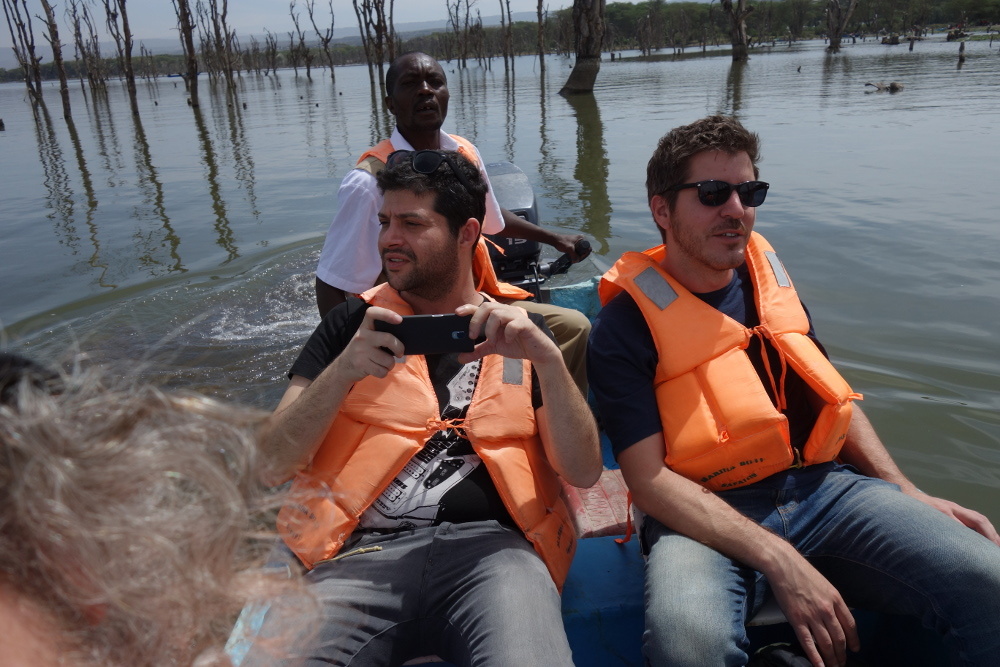
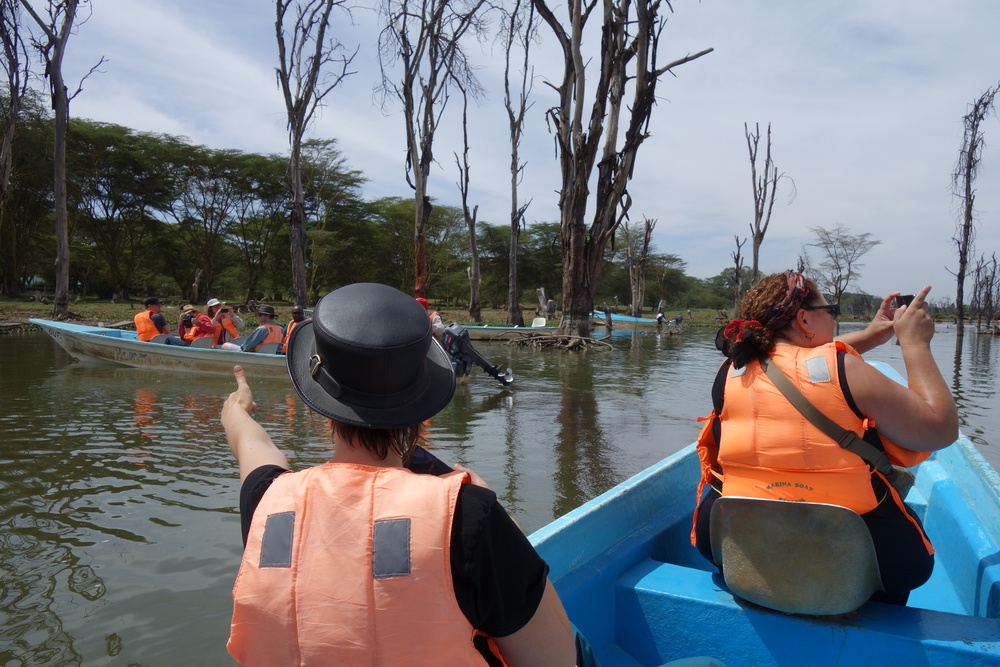




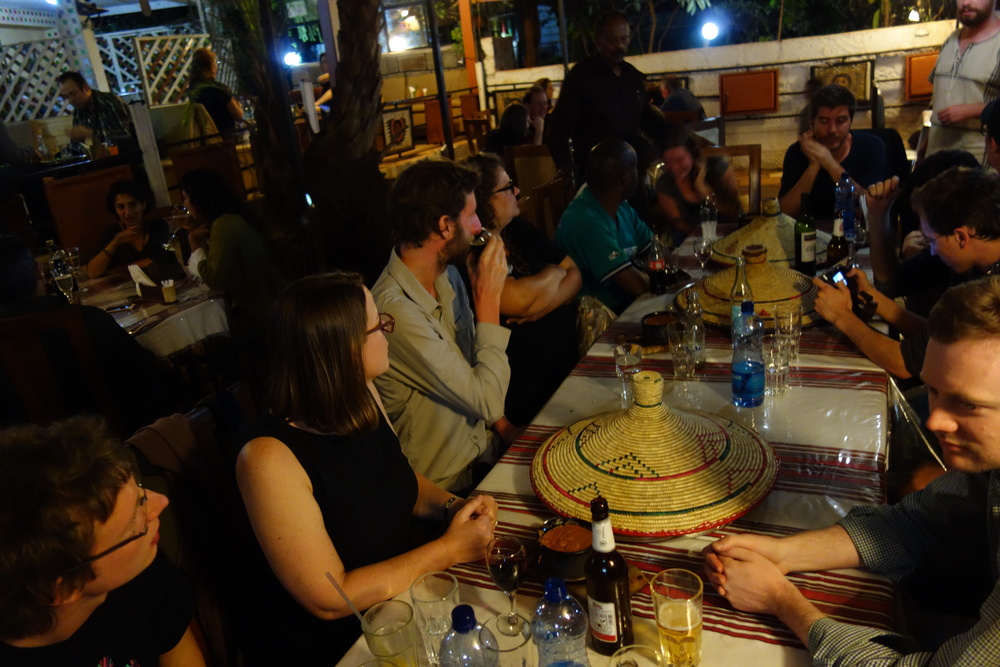
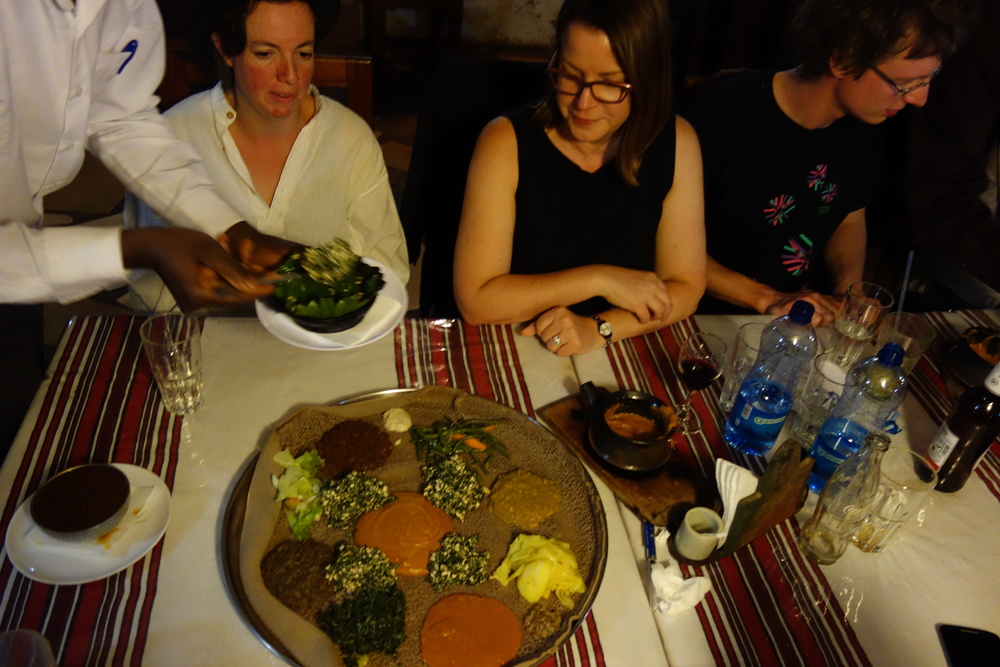
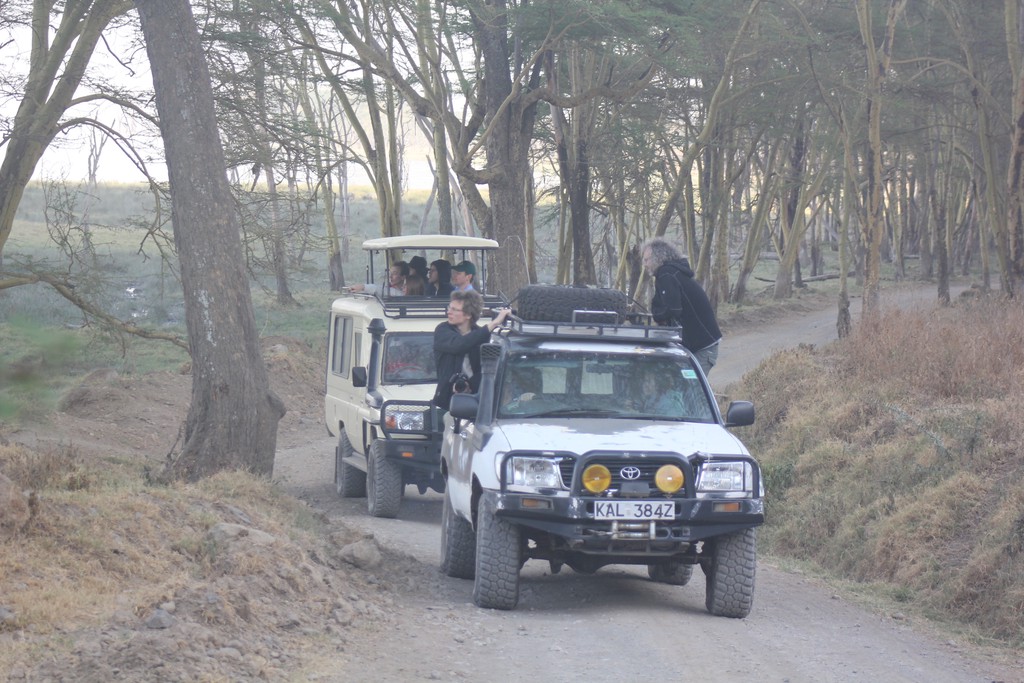

This week I am in Kenya for a team meeting with Coko. One of our team (Richard) is located just outside of Nairobi so we came here for out 3/4 yearly meet and to see where Richard lives.
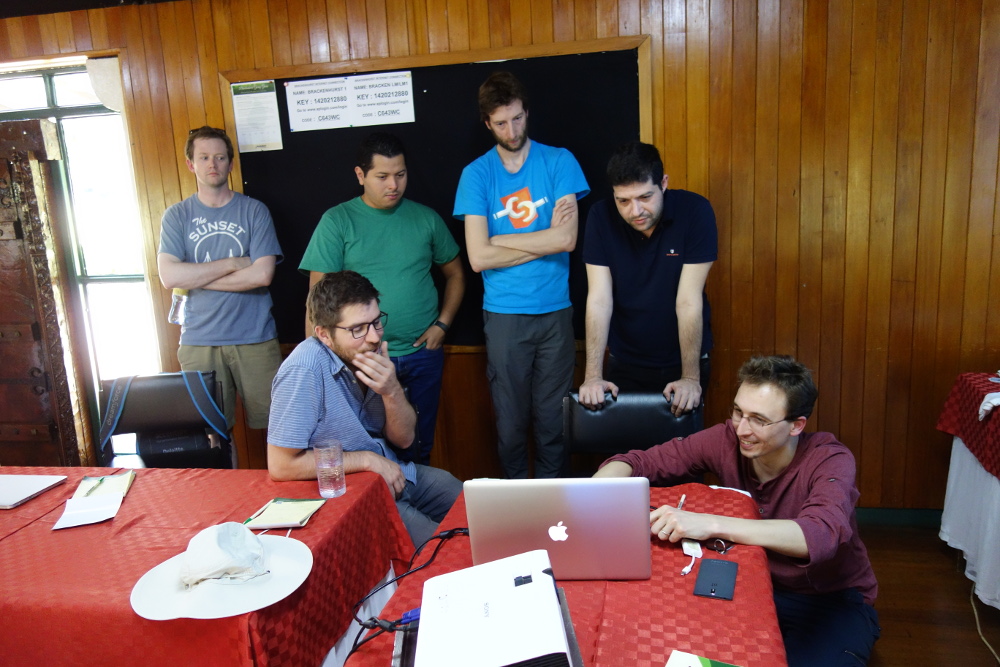
It’s been a great meeting so far. Day 3 today!
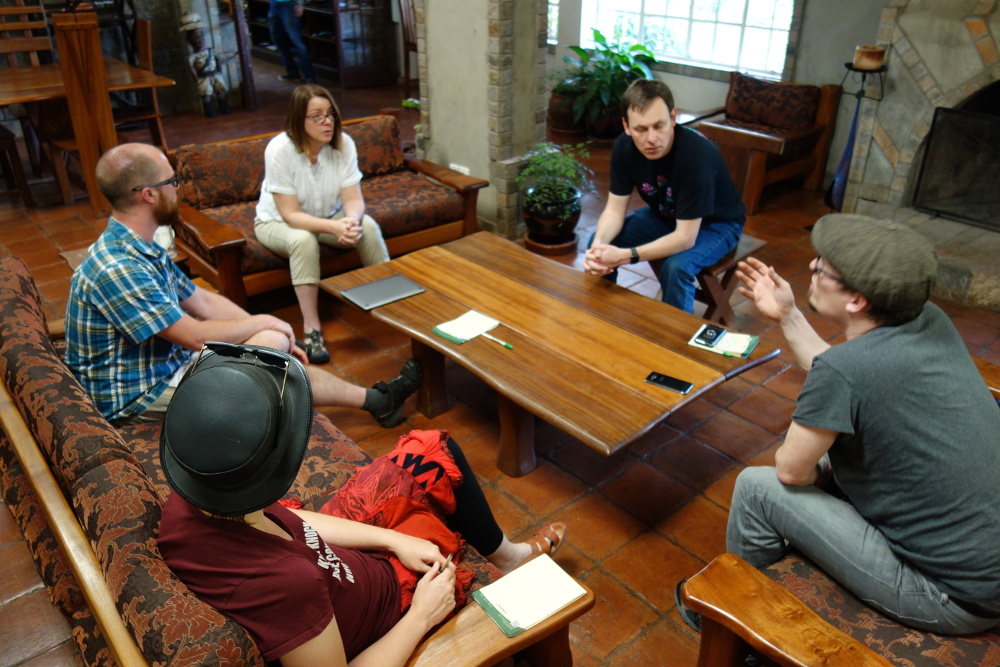
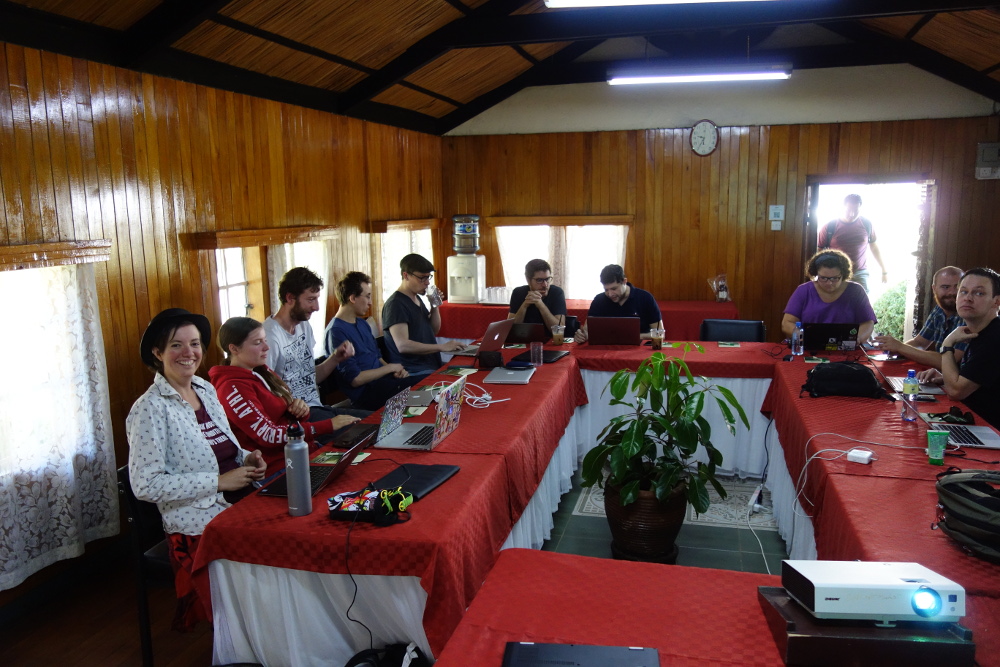
Cabbage Tree Tees….If it has a t-shirt…it must be real, right?

Many years ago, Blender, the open source animation software, was purchased by its users and converted to open source. It’s an amazing story. The background is that Blender used to be closed source. When the company that owned it went through something of a re-organisation, they decided to stop working on the application. The users were frustrated by this and so they decided to take matters into their own hands. They did a deal with the owners and ran a “Free Blender” campaign, raising 100,000 Euro as a one-off payment to change the license to the GPL.
It’s a great story and super inspirational.
In more recent times, there have been a couple of interesting big purchases of proprietary software by organisations that might, or will, change the project to some form of open source license. Chan Zuckerberg Institute purchased Meta, a research search engine startup. It’s not clear whether this will actually become an open source project: it seems there is an attempt to make it free and ‘non-commercial’, and they will somehow consider how they might create opportunities for developers to contribute to the project. That sort of sounds like there is a chance it will go open source (not conflating non-commercial with open source of course), but they haven’t said this. What they have said is that they need some time to segue Meta out of its current commercial operating context. We shall see.
On the other hand… Mozilla just purchased Pocket, a bookmarking app. This case is clearer – Mozilla purchased the company and will make it open source as soon as possible. Mozilla is not itself new to the process of opening code, its own roots lie in the opening of the Netscape Communicator code in 1998 to the management of Mozilla (although the code was thrown away by all accounts and rewritten from the ground up). However, the purchase of Pocket is not that, it is the acquisition of a project that started its life as closed source, with the intent to bring it into the open source world.
So, I wonder about this kind of move and I worry a little. I worry because it could send a couple of signals to the open source world that aren’t very helpful. Firstly, I worry that new projects might see this as a potential business model. If a new project was starting with a change-the-world attitude they might consider starting closed, not open, in the hope that later they could be purchased by a like-minded org like CZI or Mozilla – maybe to be one day open-ourced by that organisation. It’s a long shot business model now… but what if these kinds of purchases continue? Perhaps, if it was common, this would not seem like an unusual choice of business model at all. That could discourage many potentially wonderful open source projects from starting open. That would be a dreadful effect if it were to occur. Again, I don’t see that happening now, the odds are too long for this kind of model, but if this kind of acquire-and-convert model catches on…
Secondly, I don’t like the idea of open source organisations like Mozilla putting money into a closed source application, period. It feels like giving the opposition a boost. I’m of the mind that there are two camps in software – open and closed. I don’t subscribe to the Star Wars type epic good vs evil battle which once seemed to have a hold of the free software sector and still seems to linger here and there. However, I do believe in the empowering nature of open source and I do place it on a higher, more valued, ground than closed source software. I also believe that the culture of open source projects is fundamentally different than closed source projects. The motivations, internal architecture, and ‘operating systems’ of the two are very different. I just can’t stand closed source culture and I really don’t like using or supporting closed source software. I like, instead, to help open source software, and the movement in general, in any way I can. It’s kind of a clan I have self-subscribed to, and while subscribed I’ll do what I can help.
So why not, instead, take that, apparently quite large, sum of money that Mozilla used to purchase Pocket, and put it into open source projects? It feels like Mozilla is turning its back on open source. It feels like another move Mozilla makes that diffuses their brand while they continue to search for a new cause (while never, it seems, finding it). I don’t know what Mozilla is anymore. Apart from people enjoying Mozfest, I have no idea what they do or why. When they start funding proprietary applications, validating closed source business models, I just groan. I hope they don’t do more of this kind of ‘strategic acquisition’ as it’s one more step away from the ‘keeper of the faith’ type organisation I was hoping they might still be.
I’m not arguing that converting closed source to open source is a bad idea in general. Who is going to argue that the Blender move isn’t inspirational or ‘the right thing’ to do. I don’t hear anyone saying that. In fact, a community getting together to save the project they love by collectively putting all their pennies in a jar is a good open source moment if there ever was one. But large open source organisations like Mozilla, or orgs that are primarily driven to openness, like CZI, acquiring closed source projects and opening them, is not good for open source.